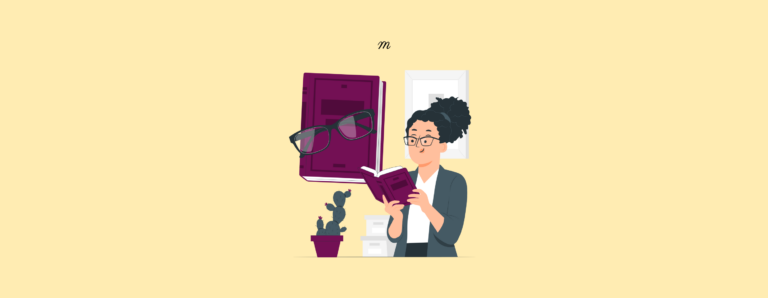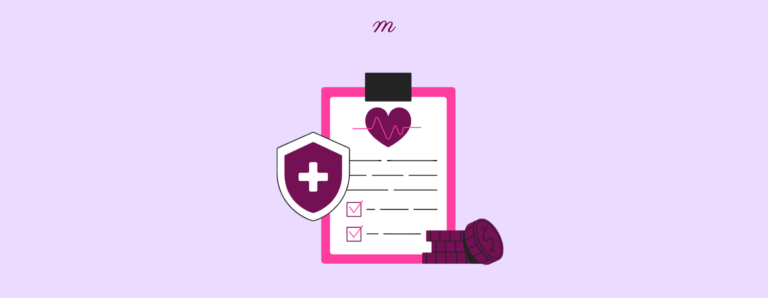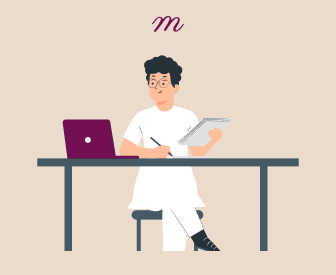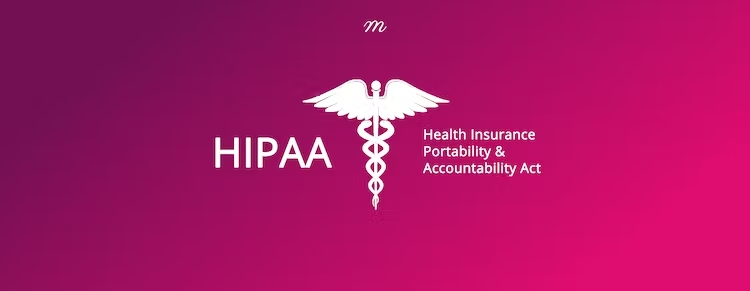Have your progress notes written for you automatically
Understanding Child Therapy
Child therapy, also known as child counseling or child psychotherapy, involves meeting with a child client, with or without their parents or family members present, to help address a range of emotional, behavioral, and psychological issues the child is experiencing.
The types of concerns that may lead both children and adolescents to seek therapeutic support include difficulties coping with stress or trauma, managing emotions, concentrating at school, exhibiting defiant behaviors, navigating social situations, dealing with family changes, and addressing fears, low self-esteem, or lack of motivation.
Child counseling sessions aimed at working through these challenges are carefully documented through progress notes referred to as child therapy notes or child psychotherapy notes. These essential notes track the child client’s symptoms, behaviors, statements, treatment responses, and functioning across sessions to identify patterns and ensure appropriate, effective therapy over time.
Understanding a Child therapy Note
Child therapy notes are progress notes that document the key details of counseling sessions conducted with a child client and their parents or family. Also referred to as child psychotherapy notes, these notes serve as official records detailing the child’s therapy process, including symptoms, behaviors, treatment approaches, responses, and ongoing progress.
Comprehensive child therapy notes capture the specific topics discussed during sessions, symptoms or issues the child is experiencing, any interventions utilized by the therapist, the child’s reactions and engagement, goals being targeted, treatment plan details, and plans for future sessions.
Robust child therapy progress notes incorporate both objective observations about the child from the therapist and subjective details directly from the child’s client and parents. This provides insights into the child’s emotional state, thought patterns, struggles, breakthroughs, and functioning across settings.
The Importance of Child therapy Progress Notes
- Provide an accurate record of the child client’s symptoms, emotions, behaviors, statements, and treatment responses over time. This allows the therapist to track changes from session to session.
- Help the therapist identify meaningful patterns, themes, or sequences in the child’s behaviors, thought processes, or repressed emotions that may emerge. These insights allow for tailored treatment approaches.
- Serve as a reference that the child therapist or parents can look back on to review discussions, treatment plans, goals, or past behaviors if needed to inform future directions.
- Supply documentation of the child’s counseling progress if records are requested by parents, guardians, schools, pediatricians, insurance companies, or other stakeholders.
- Enable the child therapist to continually refine treatment plans based on the child’s responses to interventions, adjust goals as progress occurs, and demonstrate measurable outcomes.
- Adhere to ethical and professional record-keeping standards for child psychotherapy services.
Tips for Effective Note-Taking for Child therapy
Comprehensive child therapy progress notes don’t happen by accident – they require purposeful effort and technique from the therapist. Here are some best practices for taking clear, detailed notes during child counseling sessions:
- Actively listen and closely observe the child’s behaviors, emotional reactions, body language, and interactions during sessions. Making note of symptomatic behaviors as they occur leads to more accurate documentation.
- Record statements, conversational themes, and key quotes using the child client’s own words as much as possible. This provides more meaningful insights vs. interpretations.
- Use objective, non-judgmental language to capture observed behaviors, avoiding assumptions or subjective interpretations. Stick to factual descriptions.
- Take concise notes using bullet points, abbreviations, highlights, and organizational headers to note key details efficiently.
- Document timeframes, frequency, and perceived severity levels for symptoms, behaviors, or incidents described. Specifics are key.
- Carefully note the child’s responses to therapeutic interventions, activities, discussions, and treatment plan elements. Track progress and setbacks.
- Review and revise the child therapy progress notes after each session while details are fresh. Edit for accuracy and completeness.
Components of Effective Child therapy Notes
For child counseling notes to be useful, they must contain certain key details. Here are core elements child therapists should aim to incorporate into their progress notes:
- Identifying details like date, start time, duration, and type of each session.
- The child client’s statements, emotions expressed, behaviors observed by the therapist, and reported symptoms.
- A review of the child’s symptoms including time frame, frequency of occurrence, and severity.
- Statements made by parents/family and their level of involvement in the session.
- Specific interventions used during the session and the child’s responses to each one.
- Any updates made to the child’s treatment plan and goals, and indication of overall progress.
- Goals, techniques, or assignments to focus on during the next session.
- The therapist’s clinical impressions, objectives, diagnoses, and plans are based on the session.
A Word from Mentalyc
Child therapy is a vital tool for assisting children and adolescents in overcoming a range of challenges, including anxiety, depression, and behavioral issues. Accurate and detailed note-taking during these sessions is essential for achieving successful outcomes. These notes, as recommended by Mentalyc, not only serve as a comprehensive record of progress but also provide valuable insights into the child’s development and mental health. Moreover, they can serve as crucial legal evidence, if the need arises.
Mentalyc equips therapists with strategies for effective note-taking, thereby improving client treatment. Moreover, this innovative note-taking app, eliminates the need for manual documentation, delivering accurate and well-written notes. This efficiency allows therapists to focus more on their clients and less on administrative tasks.
Regular review and revision of therapy notes are equally important, ensuring accuracy and completeness. Mentalyc’s automatic child therapy progress note generation and customizable therapy note templates offer an efficient solution for therapists.
Final Note: Get the Help You Need
With Mentalyc, therapists can streamline their administrative duties, enabling them to devote more time to their clients. This advanced app uses smart technology to generate comprehensive and precise notes, eliminating the need for manual transcription. By using Mentalyc, therapists can focus more on their clients, enhancing their practice and benefiting their clients.









